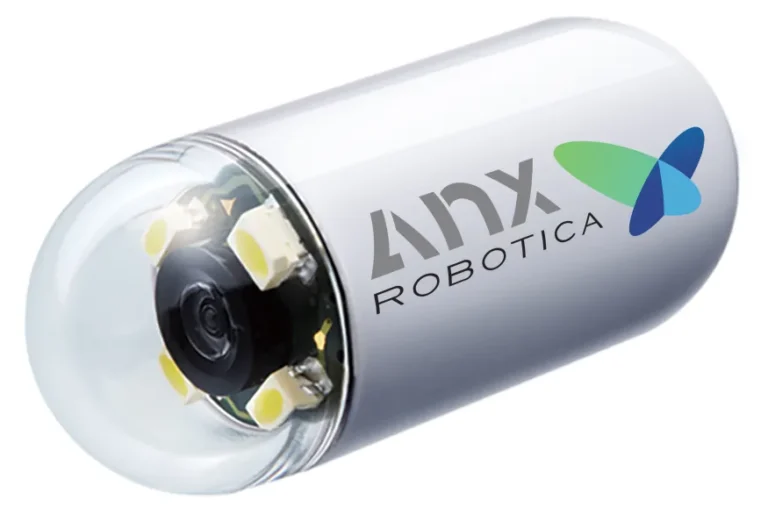As we embark on a new era of health innovation, one of the most promising technologies on the horizon is the remote-controlled pill camera. This cutting-edge diagnostic tool has the potential to revolutionize how medical professionals approach digestive health, providing an alternative to traditional endoscopy.
For years, ingestible video endoscopy capsules have been utilized in healthcare. However, these have been somewhat limited, as their movement is purely dependent on gravity and the individual’s digestive functioning, leaving little control for medical professionals. The dawn of a new, more advanced solution is upon us, thanks to researchers from the GW School of Medicine and Health Sciences.
The team has developed an innovative technology that allows doctors to steer a miniature video capsule, referred to as NaviCam, through the digestive system. This offers a unique opportunity to view and photograph potential problem areas, with the added convenience of an external magnet and video game-style joysticks controlling the capsule’s movements.
This game-changing method is not only simpler but also less invasive than traditional endoscopy, which requires anesthesia and recovery time. According to Andrew Meltzer, a professor of emergency medicine, magnetically controlled capsules could serve as a quick and easy means to identify health issues in the upper gastrointestinal tract, such as stomach ulcers or cancer.
Although still in the testing phase, the technology has shown positive results so far. A trial involving 40 individuals conducted by Meltzer and his colleagues from the medical technology company AnX Robotica found that physicians could accurately steer the capsule to all the main areas of the stomach, achieving a visualization success rate of 95%.
The benefits of this novel tool could be plentiful for patients. The camera is designed to detect bleeding, inflammation, and injuries, and can automatically transmit videos and images for further review. Current findings indicate that the use of a camera capsule poses no health risks, even though it cannot perform biopsies as it breaks down inside the body.
Despite the exciting promise, this pioneering technology is still in its early stages, and a larger trial involving more patients is planned. However, if successful, the remote-controlled pill camera could very well be the future of digestive diagnostics.
